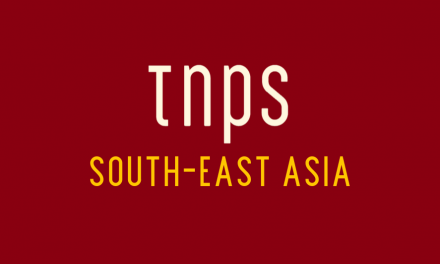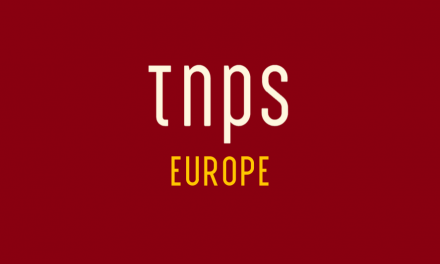Turkey’s Aras Publishing this week received the coveted Publishing House of the Year Award from Dünya Books Magazine for its role as a window to Armenian literature.
Explains Massispost,
Aras Publishing was established in 1993 in Istanbul. It adopted a publishing policy which made it called “the window to Armenian literature” soon. With its books in Turkish and Armenian, it became the few publishing houses in Turkey that publish books in two languages.
Publishing translations from Armenian authors and Turkish works of contemporary Armenian authors, Aras aims to help people from different cultures who were born and raised on the same land and lived side by side know and understand each other better through literature, and to contribute to the common values of humanity together.
Facilitating Anatolia’s cultural values to be passed on next generations, Aras Publishing aims to be the representative and sustainer of the Armenian publishing tradition, which has a long and established history in Turkey.
Receiving the prize on behalf of Aras, Editor-in-chief Rober Koptas said,
As Aras, we worked with the awareness that books and literature play an important role in overcoming prejudices between peoples and eliminating the obstacles, and have always tried to publish meticulous and quality books despite difficult conditions.
We dedicate this award to our board member Osman Kavala who has been unjustly in jail for 450 days and to all prisoners who fight for the democratization of Turkey.
Aras Publishing House, founded by Armenian intellectuals in Istanbul, has published over 200 books in Armenian and Turkish and made its first foray into the English language in 2017, with a catalogue ranging from classics to contemporary novels to academic studies.
Lora Sarı, an editor at Aras, was interviewed by the Hürriyet Daily News in 2017, and one point in particular remains salient today.
Among publishers what we see most is that people tend to buy fewer books these days, finding them expensive. Our books, for example, are often translated so they are actually more expensive.
Translated books have a lot to do with currency because we buy the copyrights from the U.S. and Britain. With the fall in the value of the lira, we have to make our books more expensive than they used to be.
Even though in Turkey books are not as expensive as they are in Western countries, people have started tending to see books as a luxury item.
Despite the political and social tensions Turkey remains an exciting book market for both publishers within and outside the country.
With 56 million people online and only at 68% internet penetration Turkey also has exciting prospects as a digital market.
Armenia by contrast, while at 72.5% internet penetration, is a much smaller country, with just 2.1 million online out of 3 million.
But actually that makes digital an even more exciting prospect for Armenia than for Turkey, as print publication and physical distribution needs economies of scale to be viable.
As Storytel has shown with its move into Turkey last year, the demand for books in all formats is growing.
With 56 million Turks online and 72% of Armenians online it’s a given, as we head into the 2020s, that Turkish and Armenian publishers should be embracing as many consumer formats as possible to maximize reach and revenue.
Follow Aras on twitter: @arasyayincilik
Follow The New Publishing Standard on twitter: @thenewpubstd






Hello Aras people
I have authored a book entitled “ Turkish Instinct or The Praise of Genocide- Radical Islam and the Armenian Genocide “, in the USA. Are you interested in the Turkish version?
You’d need to contact Aras directly, Wahi.